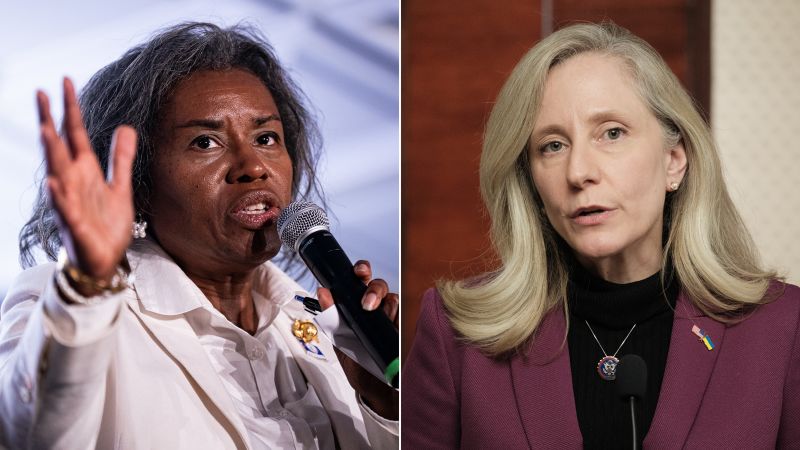The upcoming gubernatorial elections in the United States have garnered significant attention, particularly in Virginia where the Republican nominee for governor, Winsome Earle-Sears, has formally accepted CNN’s invitation to participate in a fall debate. This marks an important moment in the electoral process as it adds to the discourse surrounding local governance and the further dynamic between major political parties in the state. Earle-Sears, currently serving as the Lieutenant Governor of Virginia, embraces this opportunity for public engagement, possibly recognizing the strategic advantage a debate may give her campaign.
However, her opponent, former U.S. Representative Abigail Spanberger, has taken a different approach by declining the invitation to participate in the same debate a day later. Spanberger’s refusal to engage in the CNN-hosted debate raises questions about her campaign strategy and signifies a pivot towards prioritizing more localized media engagements. This decision has led to varying interpretations about the effectiveness of campaign strategies; some perceive it as a cautious approach while others view it as a missed opportunity for visibility on a national platform.
The significance of this election extends beyond Virginia itself, as it serves as one of only two gubernatorial races occurring in the year following a presidential election. Analysts are closely observing these contests for indicators that may foreshadow outcomes in the upcoming midterm elections scheduled for the following year. With high stakes at play, Earle-Sears is regarded by many members of her party as an underdog in this contest against Spanberger, who recently secured the endorsement of the Virginia Police Benevolent Association. This endorsement is noteworthy particularly because the association had previously supported Republican candidates in races for the offices of lieutenant governor and attorney general.
As the narrative unfolds, the scheduled CNN debate is set to occur live in late September or early October, designed to encourage voter engagement by posing questions directly from the public. This format, moderated by established anchors from CNN, is intended to highlight the differences between the candidates unequivocally. Earle-Sears’ campaign contends that participating in the debate is essential for transparency and that she welcomes the opportunity to tackle difficult questions and directly address the voters of Virginia. Campaign spokesperson Peyton Vogel emphasized that this platform would allow voters to discern the contrasting stances between a decisive leader and a seasoned politician.
In contrast, Spanberger’s campaign points to alternative debate arrangements, indicating that they are negotiating a regional debate with WAVY-TV and Norfolk State University that better aligns with their strategy of focusing on local media outlets. Campaign manager Samson Signori articulated that they aim for discussions about Virginia’s future to be rooted in local narratives, thereby ensuring a more relevant connection with Virginia’s populace. They argue that prioritizing homegrown media fosters a more engaged and informed electorate.
This focus on localized media contrasts with the broader national platform offered by CNN, and suggests a strategic emphasis on home field advantage during the campaign. It emphasizes the importance of ensuring that critical issues concerning Virginia are addressed by figures and organizations that fully grasp the nuances of the state. This tactical approach, while potentially limiting exposure to a wider audience, seeks to enhance authenticity and relatability within the campaign narrative.
Over the years, CNN has moderated and co-moderated numerous events, including over 190 town halls and 13 presidential primary debates, showcasing its role as a major player in political discourse and its efforts to promote civic engagement. The present electoral cycle could significantly impact the trajectory of political parties leading into the consequential midterms, making the stakes of this gubernatorial race as significant as the contest for national office. As Virginia moves forward on this political journey, the reactions and results from the upcoming races may indeed serve as a bellwether for the nation at large.











